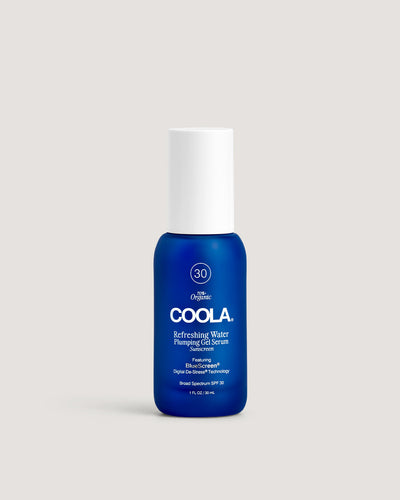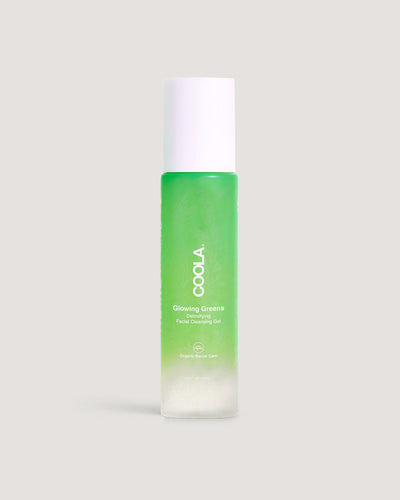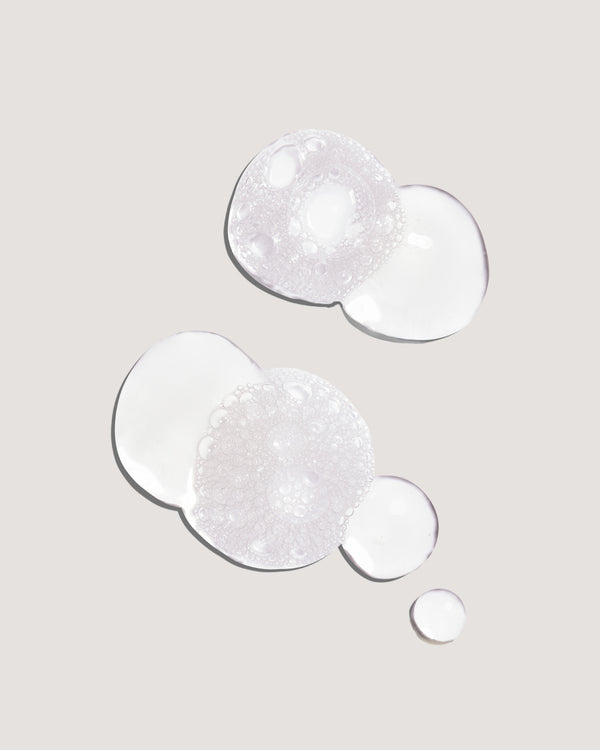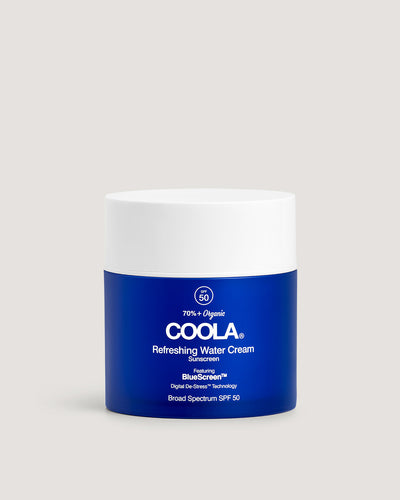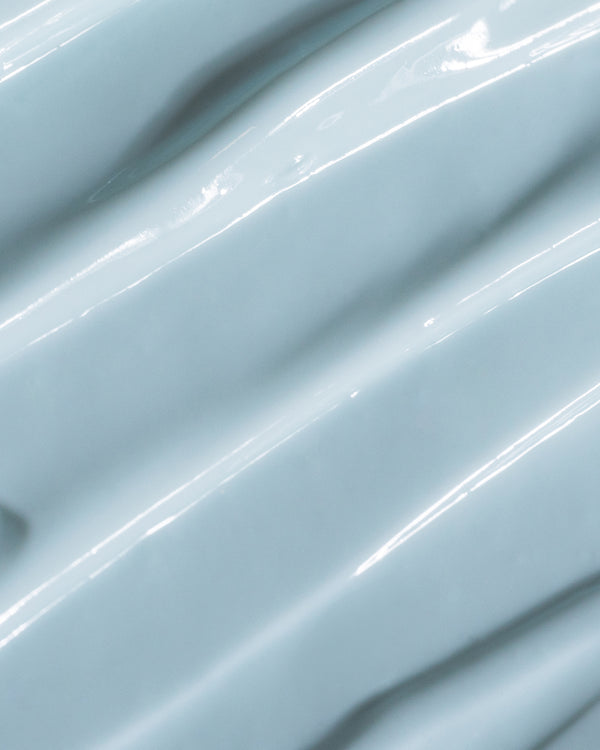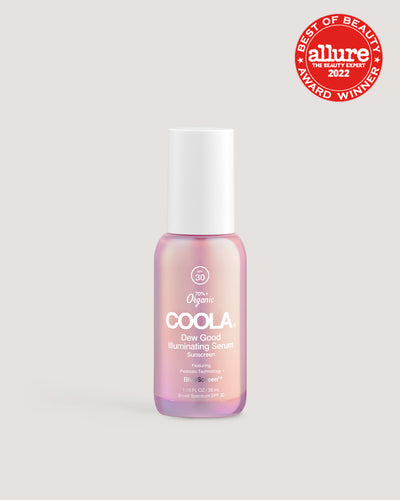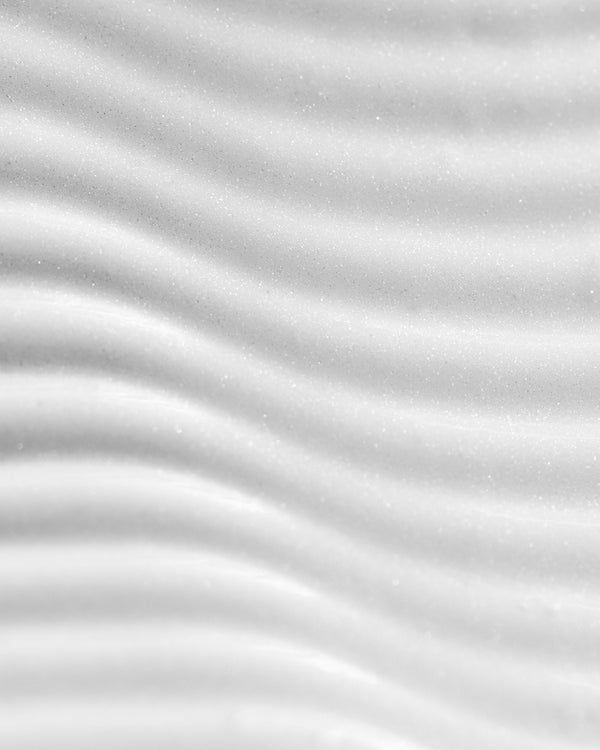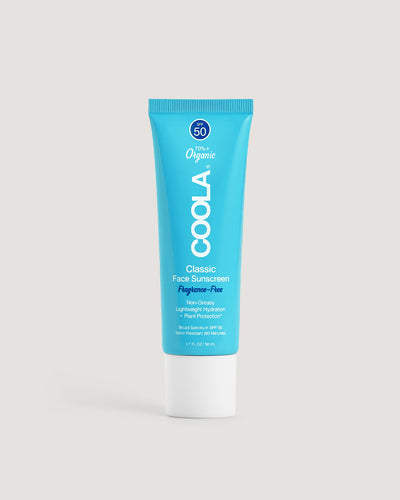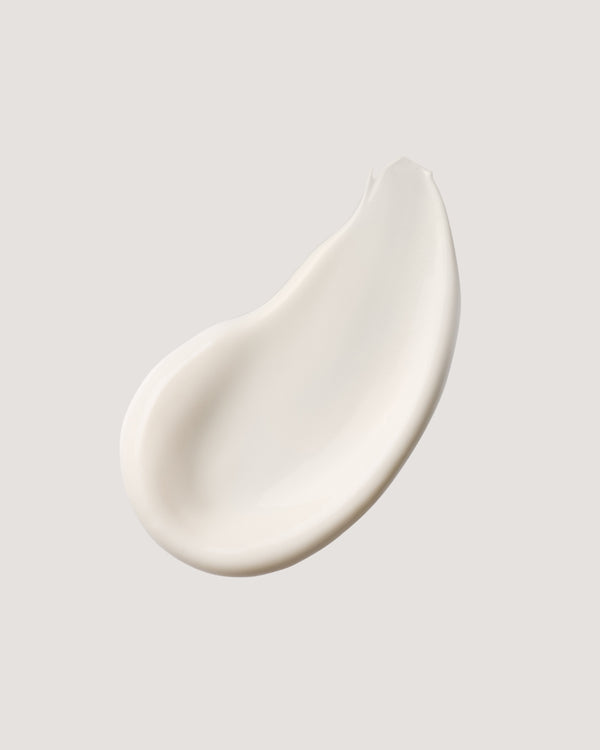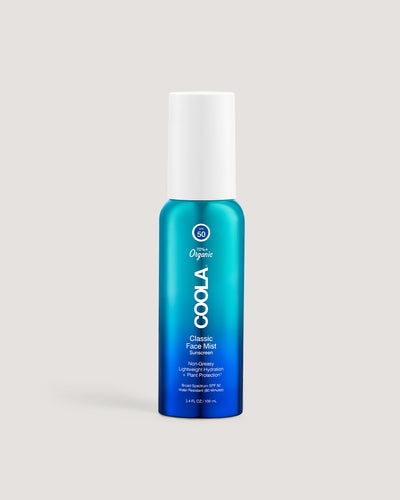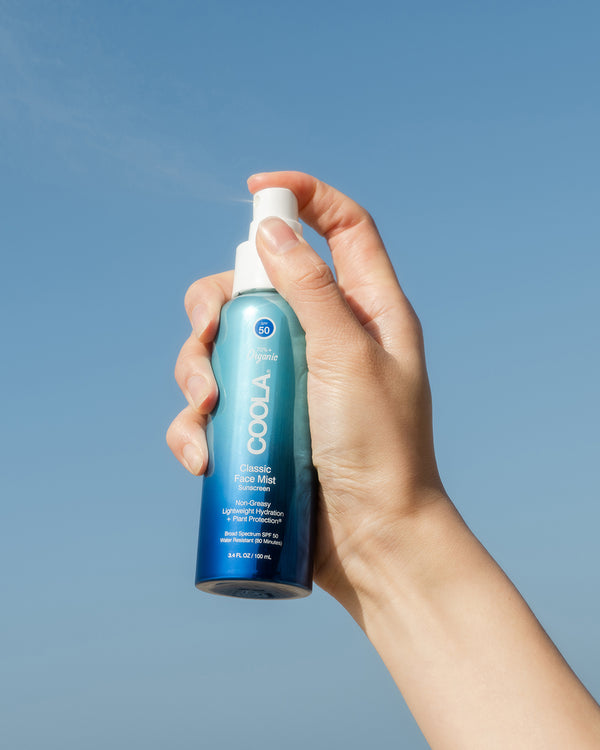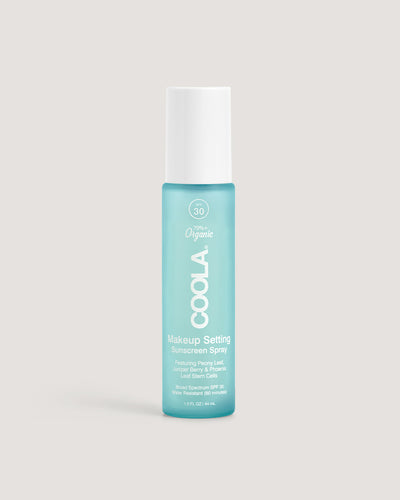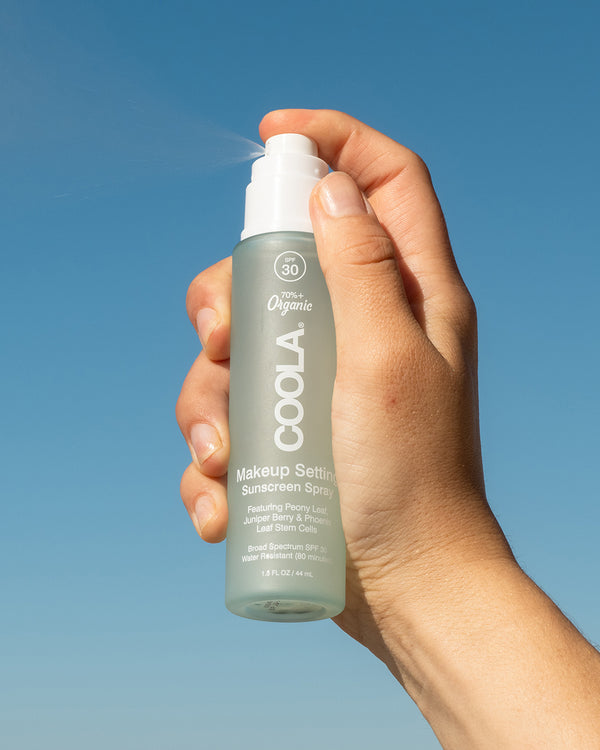
How to Treat Dry Skin Patches
Dry, flaky patches on your skin can show up without warning on your cheeks, forehead, hands, or legs. And while they may seem harmless, they’re often your skin’s way of signaling irritation, inflammation, or barrier damage. From seasonal changes to the wrong skincare routine, a variety of triggers can set off dry skin patches that itch, peel, or just won’t go away.
To treat dry skin patches effectively, it helps to understand what’s causing them in the first place. Your skincare routine should include a moisturizer with SPF to help prevent dryness, premature aging, dark spots, and sun-damaged skin, all while supporting long-lasting hydration.
What Causes Dry Skin Patches?
Dry skin patches often signal that your skin’s protective barrier is struggling to hold in moisture or fend off irritation. The causes can range from environmental conditions to harsh products or underlying skin conditions like eczema.
Here's a breakdown of the most common culprits and why they matter.
Seasonal Weather
When temperatures drop and humidity levels plummet, so does your skin’s ability to retain moisture. Cold, dry air can strip the skin of its natural oils, leaving areas like your face and hands especially vulnerable to flaking and rough texture.
According to research from the University of Tokyo, colder conditions weaken the skin’s protective barrier, increasing water loss and making it harder for the skin to repair itself.1 That’s why many people experience more dryness in winter and why your skin may need a richer, barrier-repairing moisturizer and a daily SPF.
Yes, even in winter. UV rays can still damage your skin in cold weather, especially when reflected off snow or glass. Learn more about why sunscreen still matters in winter in our guide.
Harsh Products or Over-Exfoliation
Many skincare products aim to slough off dead skin cells, which can help with texture and absorption. But overuse of strong exfoliants, high pH cleansers, or potent retinoids can damage your skin’s protective barrier. This happens when essential lipids like ceramides and fatty acids are depleted, making it harder for your skin to retain moisture and stay resilient.
Dehydration, Lifestyle, and Environmental Triggers
Not drinking enough water, sweating heavily, or spending time in dry indoor air can all lead to moisture loss. Sun exposure is another major factor, especially if you're not using SPF. Hydrating from the inside out and using a moisturizing sunscreen can help maintain skin balance. A humidifier can also be a game-changer in dry climates or during winter months.
Skin Barrier Damage
Several things can cause damage to your skin barrier. Try to avoid all of the following to prevent dry patches on your skin.
- UV overexposure
- Harsh cleansers or chemical irritants
- Skipping moisturizers in cold or dry conditions
When the barrier is compromised, dry patches are more likely to appear and stick around until that damage is repaired.
How Diet and Nutrition Affect Skin Health
Your skin’s glow doesn’t just come from what you put on it. It also reflects what’s going on inside. Eating a nutrient-rich, balanced diet is one of the best ways to support hydration, reduce inflammation, and help your skin feel its best from the inside out. Here are a few skin-loving nutrients to keep on your radar:
Antioxidants for Skin Repair
Antioxidants help fight the free radicals that can lead to dryness, dullness, and premature aging. Reach for colorful fruits and veggies like blueberries, spinach, sweet potatoes, and citrus to load up on skin-supporting antioxidants every day.
Omega-3s for Moisture and Calming
Omega-3 fatty acids are known for their anti-inflammatory benefits. They help soothe skin that’s feeling dry, tight, or irritated. You’ll find them in foods such as salmon, walnuts, and flaxseeds. Your skin barrier will thank you.
Hydration Starts With Water
Before serums with SPF and SPF moisturizers come into play, hydration starts with water. Staying hydrated helps your skin absorb nutrients, flush out toxins, and maintain that fresh, bouncy feel. Sip consistently throughout the day. Your skin needs that internal moisture boost just as much as your body does.
Vitamin E for Barrier Support
This antioxidant is a go-to for skin recovery. It helps protect against environmental damage and supports your skin’s natural healing process. Avocados, almonds, and sunflower seeds are all rich in vitamin E and also make great snack options.
Sugar and High-Glycemic Carbohydrates
Too much sugar in your diet can break down collagen and lead to more visible dryness, uneven texture, and flare-ups. Try swapping refined sugars and processed snacks for whole foods that keep your skin smooth and supported.
How to Get Rid of Dry Patches on the Face
If dry patches are showing up on your face, don’t panic. With the right skincare routine, you can smooth things out and bring balance back. A few small changes can make a big difference in how your skin feels and functions.
1. Start With Gentle Cleansing
Cleansing is the first step to healthier skin. It clears away dirt, oil, and other buildup that could block your moisturizer from doing its job.
Our Glowing Greens Detoxifying Facial Cleansing Gel features organic aloe, seaweed, celery leaf, and cucumber extracts to help detoxify the skin’s surface without stripping it. These plant-powered ingredients gently clear away impurities and leave your skin feeling fresh, balanced, and ready to soak in moisture.
2. Layer Hydrating Skin Products
After cleansing, it’s time to moisturize. Start with a hydrating serum or gel-based formula that suits your skin’s needs. Our SPF 50 Refreshing Water Cream is clinically proven to lock in hydration for over 24 hours while providing daily sun protection.
For added skin benefits, try layering with a targeted serum. Our Dew Good Illuminating Serum hydrates, brightens, and supports your skin barrier all in one step. Whether you’re focused on glow, plumping, or calming dryness, these multitasking formulas make it easy to build moisture into your routine.
Choose products with gentle, nourishing ingredients to avoid further irritation and keep dry patches in check.
3. Apply SPF Daily
Sun exposure can dry out your skin and weaken its natural barrier, making dry patches even more noticeable. Applying SPF every day helps protect your skin while locking in hydration.
Choose a formula that fits your lifestyle. A face sunscreen lotion offers full coverage and works well for long days outside. If you’re on the move, a refreshing SPF face mist or makeup setting spray with SPF adds lightweight protection without disrupting your routine.
Adding SPF to your morning skincare ritual is one of the easiest ways to defend your skin and support long-term hydration.
What to Look For in a Face Moisturizer for Dry Skin
When choosing the best face moisturizer for dry skin, it’s not just about hydration; it’s about what else the formula does for your skin. The right moisturizer should support your barrier, calm sensitivity, and protect your skin from daily stress like UV exposure and pollution
Look for ingredients like aloe, hyaluronic acid, ceramides, or plant-based oils that help restore moisture and reduce irritation. And if you can combine hydration with SPF? Even better. That’s one less step in your routine and more consistent protection for dry, sun-sensitive skin.
Why Understanding Active Ingredients in Skincare Is Important
Understanding what’s inside your moisturizer can make all the difference. Active ingredients do more than hydrate. They calm irritation, strengthen your skin barrier, and help your products work smarter.
Hyaluronic Acid
Hyaluronic acid is a powerhouse for hydration. It acts like a sponge, drawing moisture into the skin, making it an excellent choice for treating dry skin patches. Look for products that mention hyaluronic acid high on their ingredient list for maximum benefit.
Ceramides
Ceramides are lipid (fatty) molecules found naturally in the skin. They are vital for maintaining the skin barrier and retaining moisture. Products enriched with ceramides can help replenish the skin’s natural lipids, reducing dryness and strengthening the skin’s defense against environmental stressors.
Colloidal Oatmeal
Known for its calming properties, colloidal oatmeal is a go-to for sensitive or eczema-prone skin. It helps soothe itching, reduce redness, and add a layer of comfort to irritated areas.
Vitamin A/Retinoids
Popular for their anti-aging benefits, retinoids can also be drying if not used carefully. If you're using one, pair it with a hydrating moisturizer and start slowly to avoid further disrupting your skin barrier.
What to Avoid With Dry or Patchy Skin
To keep dry patches from getting worse, try to avoid these common skincare mistakes:
- Over-exfoliating with physical scrubs or strong chemical peels
- Washing your face too often, especially with hot water
- Skipping SPF, even on cloudy days or indoors
Stick with gentle, hydrating products that support your skin barrier, not strip it.
When to See a Dermatologist for Dry Skin Patches
Persistent dry patches or symptoms like itching that won't go away may indicate a more serious skin condition like atopic dermatitis or contact dermatitis. If over-the-counter treatments aren't cutting it, it might be time to see a dermatologist. They can prescribe treatments like topical corticosteroids, which can be more effective for certain skin problems.
Embracing Radiant Skin With Confidence and Care
Managing dry skin patches doesn’t have to be overwhelming. With the right knowledge, a consistent routine, and products that nourish and protect your skin, you can restore hydration and maintain a healthy glow.
Remember, everyone's skin is unique, so finding what works best for you is the key to helping with your dry skin patches. COOLA’s hydrating suncare formulas with SPF are here to support your journey, helping you care for your skin while protecting it from everyday stressors.
Say goodbye to dryness and hello to skin that feels calm, hydrated, and confidently you.
Dry Skin Patches FAQs
How do you treat dry patches on your face?
There are several ways to treat dry patches on your face, including:
- Using a moisturizer as part of a daily skincare routine
- Limiting hot showers that can dry out your skin
- Gently cleansing your face with mild ingredients
- Having a humidifier in your home
- Applying sunscreen with an SPF of 30 or higher
- Avoiding harsh skincare products
Does sunscreen dry out your skin?
Some sunscreens may dry out your skin, but not all SPF is created equal. If you have dry or sensitive skin, reach for sunscreens labeled as moisturizing or formulated for hydration.
Which sunscreen is best for dry skin?
The best sunscreen for dry skin is one that offers hydration and sun protection in a single step. Look for SPF 30 or higher and ingredients like:
- Hyaluronic acid for moisture
- Ceramides to strengthen your skin barrier
- Glycerin or squalane to help retain hydration
Sources:
- ScienceDaily. “Cold Weather Can Damage the Skin's Barrier Function, Study Finds.” ScienceDaily, 2018, https://www.sciencedaily.com/releases/2018/03/180307095222.htm





